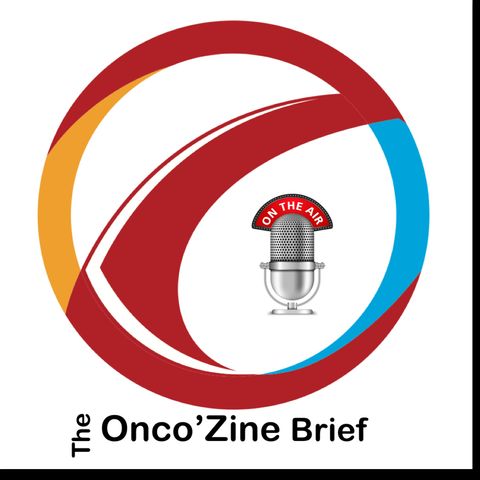Redefining the Rules of Cancer Treatment

Download and listen anywhere
Download your favorite episodes and enjoy them, wherever you are! Sign up or log in now to access offline listening.
Description
Glioblastoma is an aggressive type of cancer that can occur in the brain or spinal cord. And while the disease can occur at any age, it tends to occur more...
show moreAccording to the American Cancer Society, United States, doctors diagnose between 12,000 and 14,000 patients with glioblastoma in the U.S. each year. There is currently no cure for glioblastoma. The median length of survival after a diagnosis is 15-
18 months, while the disease’s five-year survival rate is around 10%.
And while all glioblastomas recur, initial treatments may keep the tumor controlled
for months or even years.
To improve the current standard of care, ongoing research and development is required.
Earlier this year, researchers at Modifi Biosciences published a critical study in thejournal
Science, validating a new oncology platform based on new classes of molecules
that exploit tumor-associated DNA repair defects through direct cancer cell DNA modification.
This approach redefines the rules on how to selectively kill cancer cells via direct DNA
modification
The technology bypasses conventional approaches that indirectly target proteins in cancer cells and demonstrates robust anti-tumor activity in glioma, one of the deadliest forms of brain cancer, while sparing normal tissue.
In the publication in Science, a new class of molecules were found to be very selective against cancer cells that lack expression of a key DNA repair protein.
And approximately half of all glioblastomas and up to 80% of gliomas lack this particular protein. Furthermore. emerging research indicates that this deficiency is seen in many
other tumor types, suggesting broad applicability for this strategy in treating cancer.
Based on this research, scientists at Modifi Bio are creating a new class of molecules, based on research conducted at Yale.
In this episode of The Onco’Zine Brief, Peter Hofland, Ph.D. talks with Ranjit S. Bindra, MD, Ph.D., a physician-scientist at Yale School of Medicine and the co-founder of Modify Bio.
Reference
[1] Lin K, Gueble SE, Sundaram RK, Huseman ED, Bindra RS, Herzon SB. Mechanism-based design of agents that selectively target drug-resistant glioma. Science. 2022 Jul 29;377(6605):502-511. doi: 10.1126/science.abn7570. Epub 2022 Jul 28. PMID: 35901163.
About The Onco'Zine Brief
The Onco'Zine Brief is distributed in the United States via PRX (Public Radio Exchange). In the United Kingdom and Europe, the program is distributed via UK Health Radio (UKHR). And the program can be downloaded via most podcasts and streaming media services, including iTunes, Spotify, TuneIn, and iHeart Radio.
For more information about The Onco'Zine Brief or how to sponsor or support this public radio broadcast and podcast, visit Onco'Zine to download our Media Kit or visit Patreon to become a Sustaining Member of the show and support the program.
For more information about cancer and cancer treatments, visit our online journal Onco'Zine.
To sign up for The Onco'Zine Newsletter (open for residents of the United States only), text the word CANCER to 66866.
Information
| Author | Peter Hofland |
| Organization | Peter Hofland |
| Website | - |
| Tags |
Copyright 2024 - Spreaker Inc. an iHeartMedia Company
